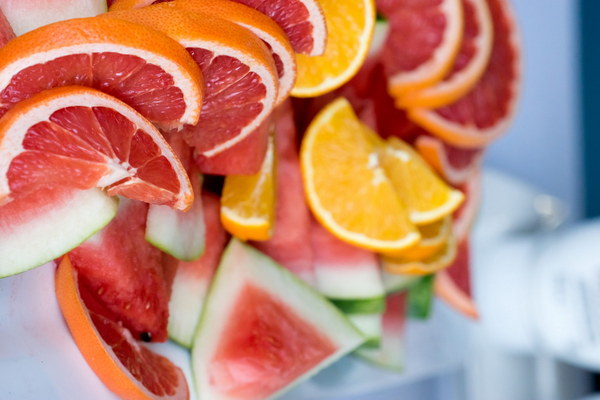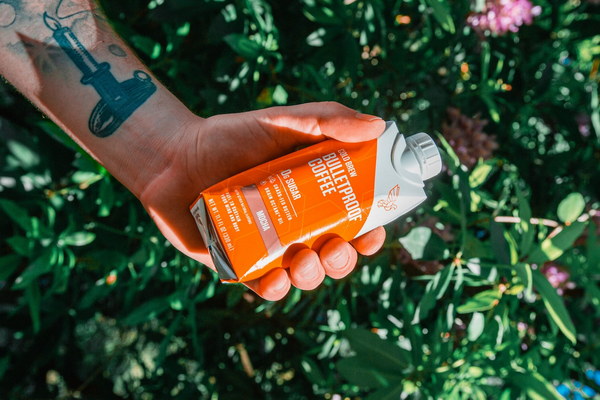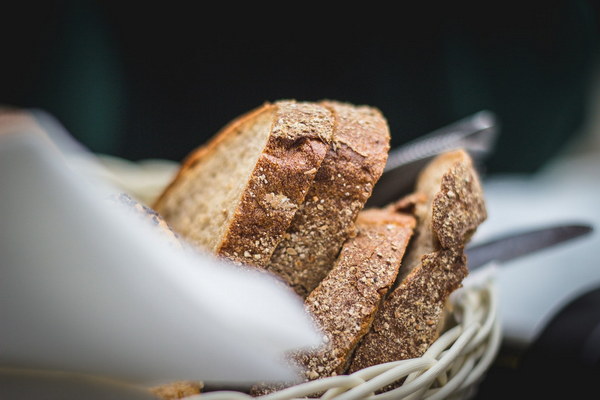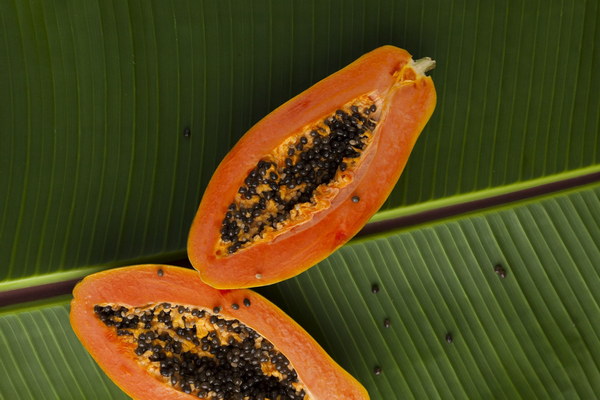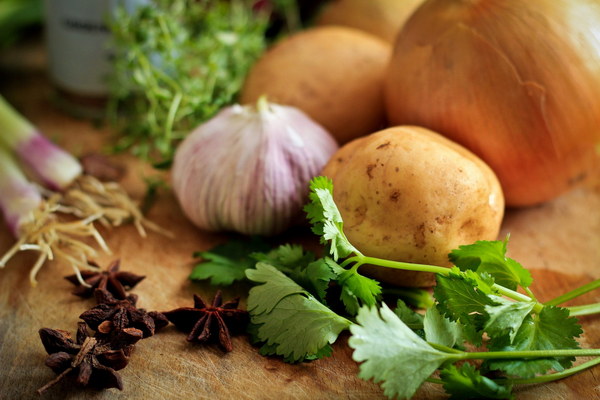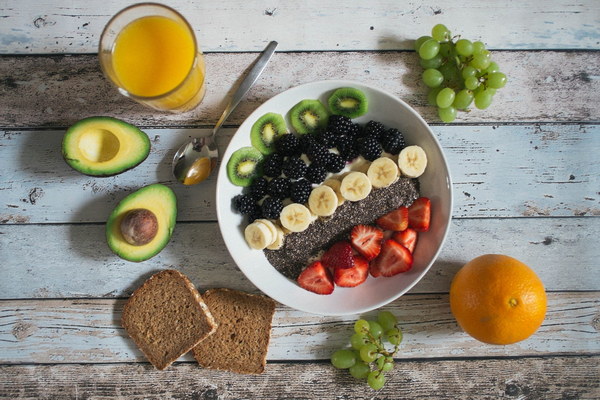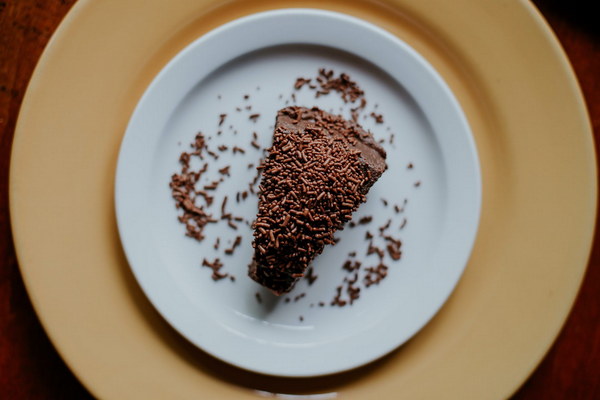Unlock the Secrets to Youthful Longevity A Comprehensive Guide to Anti-Aging Strategies
In the quest for eternal youth, the concept of anti-aging has become a global phenomenon. From skincare routines to dietary habits, the market is flooded with products and advice promising to turn back the clock. However, navigating through the sea of information can be overwhelming. In this article, we will delve into the science behind anti-aging and provide practical tips to help you embrace a healthier, more youthful lifestyle.
Understanding the Science of Anti-Aging
To comprehend the mechanisms behind anti-aging, we must first understand the factors that contribute to the aging process. According to the Free Radical Theory, aging is caused by the accumulation of free radicals, which are unstable molecules that damage cells and lead to oxidative stress. This theory is supported by research that shows antioxidants, such as vitamins C and E, can neutralize free radicals and slow down the aging process.
Another theory, the Telomere Shortening Theory, suggests that aging is linked to the shortening of telomeres, the protective caps at the ends of chromosomes. As telomeres shorten with each cell division, the cell's ability to replicate diminishes, leading to aging and age-related diseases.
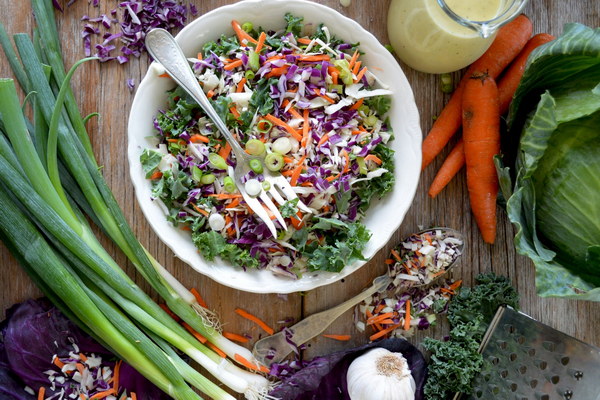
Anti-Aging Strategies: What Works and What Doesn't
Now that we have a basic understanding of the science behind anti-aging, let's explore the strategies that have been proven to work:
1. Dietary Antioxidants: Incorporate a diet rich in fruits, vegetables, nuts, and seeds, which are packed with antioxidants. Berries, dark chocolate, green tea, and dark leafy greens are particularly high in antioxidants.
2. Stay Hydrated: Drinking plenty of water helps to keep your skin supple and your body healthy. Aim for at least eight glasses of water per day.
3. Exercise Regularly: Physical activity not only helps to maintain a healthy weight but also improves blood circulation, which can promote skin health. Aim for at least 150 minutes of moderate aerobic exercise or 75 minutes of vigorous aerobic exercise per week, along with muscle-strengthening activities on two or more days a week.
4. Get Enough Sleep: Quality sleep is essential for rejuvenation. Aim for 7-9 hours of sleep per night to allow your body to repair and regenerate.
5. Limit Sun Exposure: Protect your skin from harmful UV rays by wearing sunscreen with an SPF of at least 30, seeking shade, and wearing protective clothing.
6. Manage Stress: Chronic stress can accelerate the aging process. Practice stress-reducing techniques such as meditation, yoga, or deep breathing exercises.
7. Avoid Smoking: Smoking damages your skin, accelerates the aging process, and increases your risk of age-related diseases.
8. Skincare Routine: Use a gentle cleanser, a moisturizer, and a sunscreen with antioxidants to protect and nourish your skin. Consider incorporating serums and creams that contain ingredients like retinol, vitamin C, and hyaluronic acid.
What Not to Believe
While there are many anti-aging products and treatments available, some are not backed by scientific evidence. Here are a few to avoid:
1. Anti-Aging Creams with Mercury: Mercury can cause severe skin damage and is toxic to the body.
2. Miracle Diet Plans: There is no one-size-fits-all diet that will make you look younger. Focus on a balanced diet rich in fruits, vegetables, whole grains, and lean proteins.
3. Invasive Procedures: While some procedures, like facelifts, can improve your appearance, they are not for everyone. Consult with a healthcare professional to determine if a procedure is right for you.
In conclusion, embracing a healthy lifestyle that includes a balanced diet, regular exercise, and stress management can help you look and feel younger. By understanding the science behind anti-aging and adopting practical strategies, you can take control of your aging process and enjoy a healthier, more youthful life.

